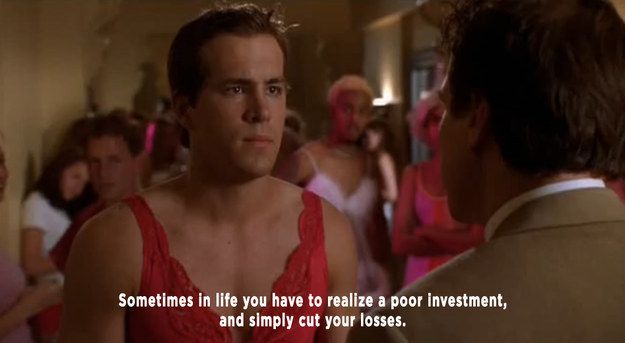Recognizing when you’ve entered into a poor personal or business relationship is crucial for your well-being and the success of your personal life or business endeavors. Here are steps to help you identify when a relationship isn’t serving your best interests:
1. Trust Your Instincts:
- Trust your gut feelings and intuition. If something feels off or doesn’t sit right with you, take it as a sign that the relationship may not be healthy or productive.
2. Assess Your Feelings:
- Pay attention to your emotions and how the relationship makes you feel. If you constantly feel stressed, anxious, or unhappy, it may be a sign that the relationship is problematic.
3. Evaluate the Impact:
- Analyze how the relationship is affecting your life or business. Is it enhancing your well-being and helping you achieve your goals, or is it causing more harm than good?
4. Review Expectations:
- Compare the expectations you had for the relationship with the actual outcomes. If the relationship consistently falls short of your expectations or if there’s a misalignment in values and goals, it may not be the right fit.
5. Communication Issues:
- If there are persistent communication problems, such as a lack of transparency, trust issues, or frequent conflicts, it may be a sign that the relationship is not healthy.
6. Imbalance in Effort:
- Evaluate whether there’s an imbalance in effort and commitment in the relationship. If you find yourself consistently giving more than you’re receiving, it may not be equitable.
7. Assessing Boundaries:
- Consider whether the relationship respects your personal or business boundaries. If your boundaries are frequently violated, it’s a red flag.
8. Unresolved Issues:
- Unresolved or recurring issues can be a sign of an unhealthy relationship. If problems persist and are not addressed constructively, it’s a cause for concern.
9. Seek Feedback:
- Consult with trusted friends, mentors, or advisors for an outside perspective. They can provide insights and advice that may help you see the relationship more clearly.
10. Reflect on Values: – Ensure that your personal values and principles align with the values of the relationship. Misalignments in values can lead to conflicts and dissatisfaction.
11. Set Boundaries: – If you recognize that the relationship is unhealthy or unproductive, it’s crucial to establish clear boundaries and communicate your needs and expectations.
12. Make a Plan: – Once you’ve identified that the relationship is detrimental, develop a plan for how to address the situation. This may involve setting limits, seeking professional assistance, or, in some cases, ending the relationship.
13. Seek Support: – If the relationship is causing significant distress or is impacting your personal well-being or business success, consider seeking support from therapists, counselors, or advisors who specialize in relationships or business partnerships.
Recognizing and addressing poor personal or business relationships is a vital skill for maintaining your overall health and well-being. Remember that ending or restructuring a relationship that isn’t working is a valid and courageous decision that can lead to a more fulfilling and successful life or business.

